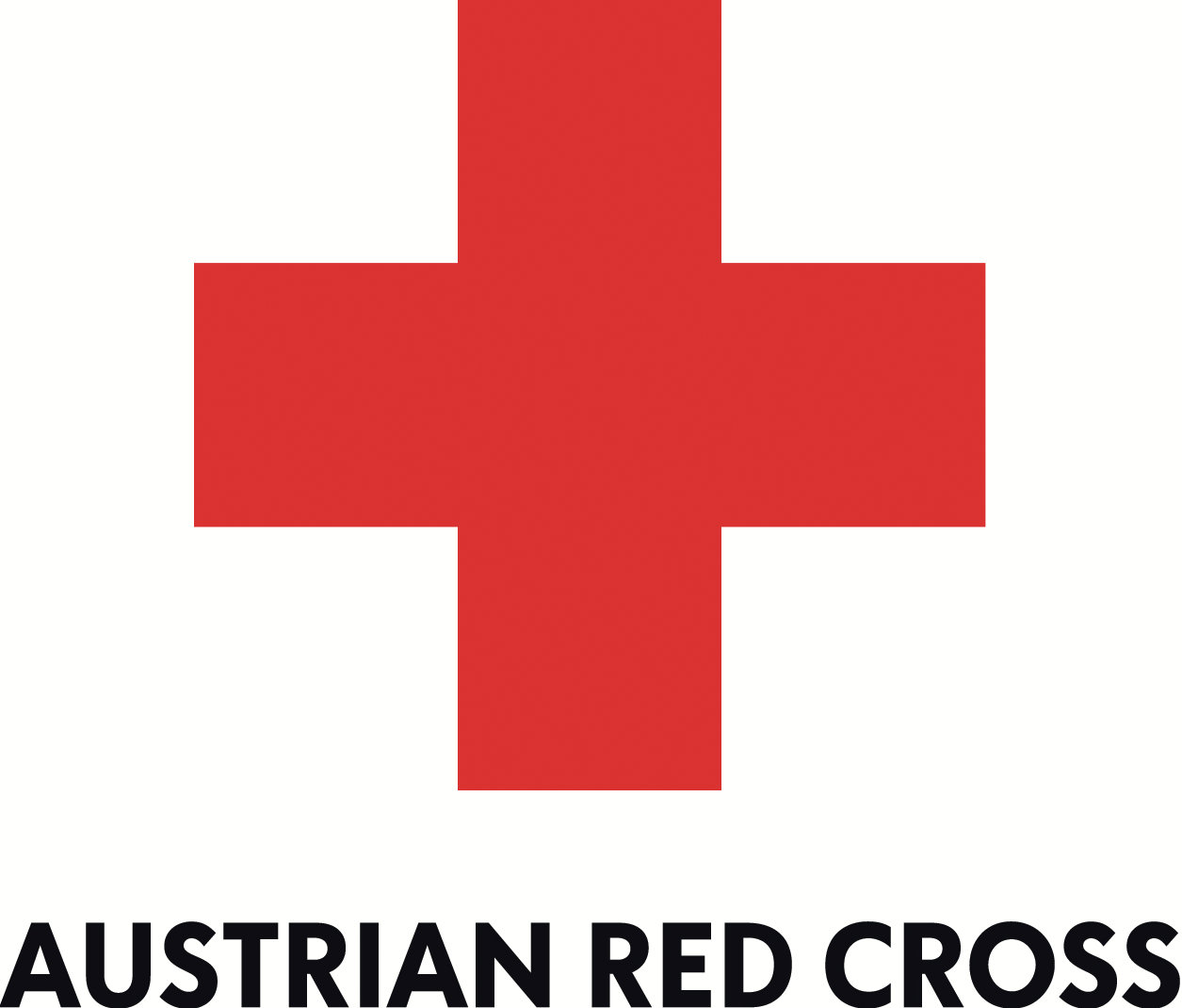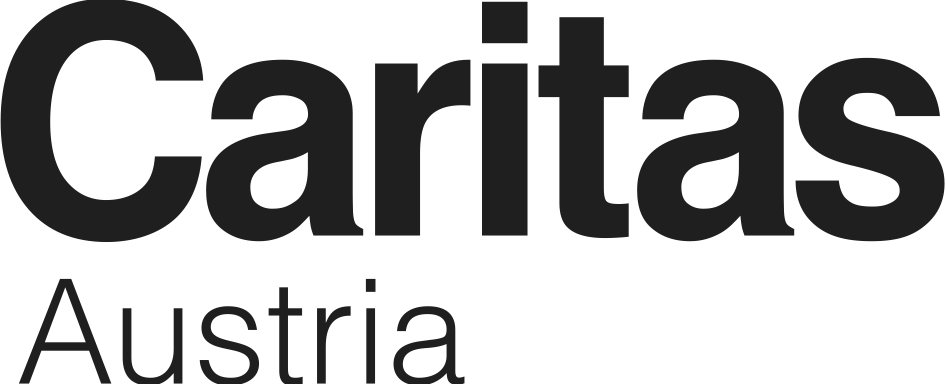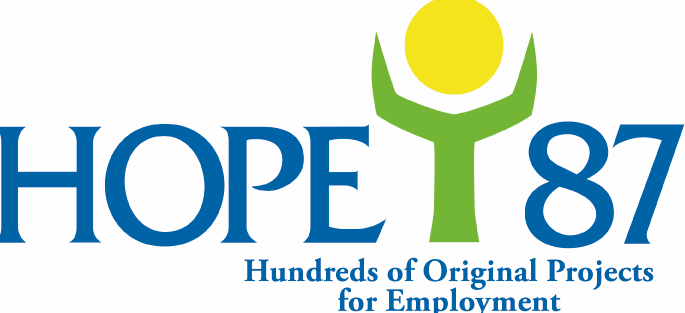Programme 2023
The Humanitarian Congress Vienna brings together international stakeholders from humanitarian aid, politics, media, academia, civil society and business to engage in dialogue on policy, good practices, recent developments and future visions in the field of humanitarian aid. Join us to shape the debate on the future of the Humanitarian Imperative and the Humanitarian Principles, the guiding stars of our work and engagement. Engage with leaders, experts and practitioners, contribute your experiences and insights, and participate in peer-to-peer networking: 6th Humanitarian Congress Vienna. Register now!
Opening remarks: Lukas Wank Welcome note: Leonore Gewessler
Keynote address: Janez Lenarčič
Moderator: Thomas Seifert
Panel members: Ariane Bauer, Christos Christou, Mervat Shelbaya, Claus Haugaard Sørensen
…CONTINUE
Keynote speaker: Adil Najam, Moderator: Corinna Milborn
Panel members: Paul Knox Clarke, Véronique de Geoffroy, Adil Najam, Koko Warner
…CONTINUE
Keynote Speaker: Reem Mussa, Moderator: Thomas Seifert
Panel members: Bram Frouws, Franziska Grillmeier, Peter Huber, Michael Köhler, Reem Mussa
Keynote speaker: Alex de Waal, Moderator: Elisa Vass
Panel members: Alex de Waal, Brian Lander, Matt Pollard, Lusine Stepanyan, Nyachangkouth Rambang Tai


















